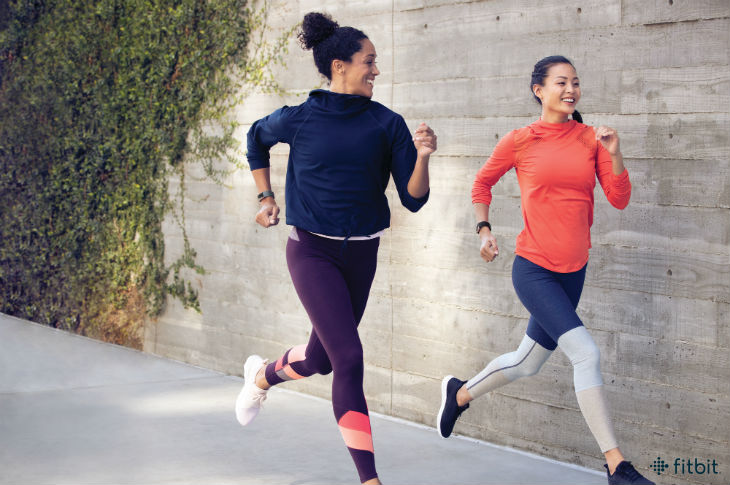
Write down the names of your closest friends, not including your spouse or other relatives. These are the people with whom you socialize regularly or share a bond: your best friend from high school or college, your early morning running buddies, a good friend or two from work.
How many people are on the list? If you said 10 or more, congratulations. Having a wide circle of friends is associated with a number of health benefits, including a longer lifespan, better immunity, reduced stress, greater psychological well-being, and better heart health.
But public health researchers are increasingly worried about the number of people who don’t have friends. Writing in 2017 the Harvard Business Review, former U.S. Surgeon General Vivek Murthy called loneliness an epidemic, and noted that poor social connections had the same effect on health as obesity or smoking 15 cigarettes a day.
Indeed, a number of studies have found a direct relationship between social isolation and heart health. In one study in the British medical journal Heart, poor social relationships were associated with a 29 percent increase in the risk of heart disease and a 32 percent increase in the risk of stroke as compared to those with well-established friendships.
Another Swedish study of more than 17,000 people found that those with the fewest social contacts had an almost 50 percent increase in the risk of dying from heart disease.
And in yet another study published in the Annals of Behavioral Medicine, researchers tracked a group of international students who had recently moved to Canada. Those students who formed friendships and became socially integrated into their new communities had greater increases in their heart rate variability (HRV). Lower HRV is associated with a greater risk of developing cardiovascular disease.
“The message is clear: Reach out to other people. The more quickly you manage to integrate socially in your new home, the healthier you’ll be,” says study author Jean-Philippe Gouin, a psychology professor at Concordia University in Montreal.
So what does all this mean? Luckily, you already have an interest that can help you make new friends or turn casual encounters into lasting friendships: Fitness.
Whether you’re a newbie or a well-established exerciser, every time you strap on your Fitbit and a pair of sneakers is an opportunity to connect with others who are doing the same thing. What’s more, at least one study has found that having an exercise companion can increase the amount of exercise you do.
Here are a few ways to increase your social connections through exercise:
- Join a meetup group. Don’t know anyone who wants to walk when you do? Meetup is an app that connects you with like-minded folks interested in all sorts of activities, from walking to hiking or training for a marathon. Go to meetup.com to explore meetup groups near you.
- Visit your local running store. Most retail running stores host weekly or bi-weekly walks or runs. (Similarly, most bike shops host weekly no-drop rides.) If you can’t make their regularly scheduled training groups, ask about other groups around town who meet to walk or run.
- Go online to find a workout buddy. Never Work Out Alone is the slogan of Workoutbuddies.com, a new app that can connect you with fitness-oriented folks near you while also searching for local workouts to join.
This information is for educational purposes only and is not intended as a substitute for medical diagnosis or treatment. You should not use this information to diagnose or treat a health problem or condition. Always check with your doctor before changing your diet, altering your sleep habits, taking supplements, or starting a new fitness routine.

If you have questions about a Fitbit tracker, product availability, or the status of your order, contact our Support Team or search the Fitbit Community for answers.
Please note: Comments are moderated and may not appear immediately after submission.